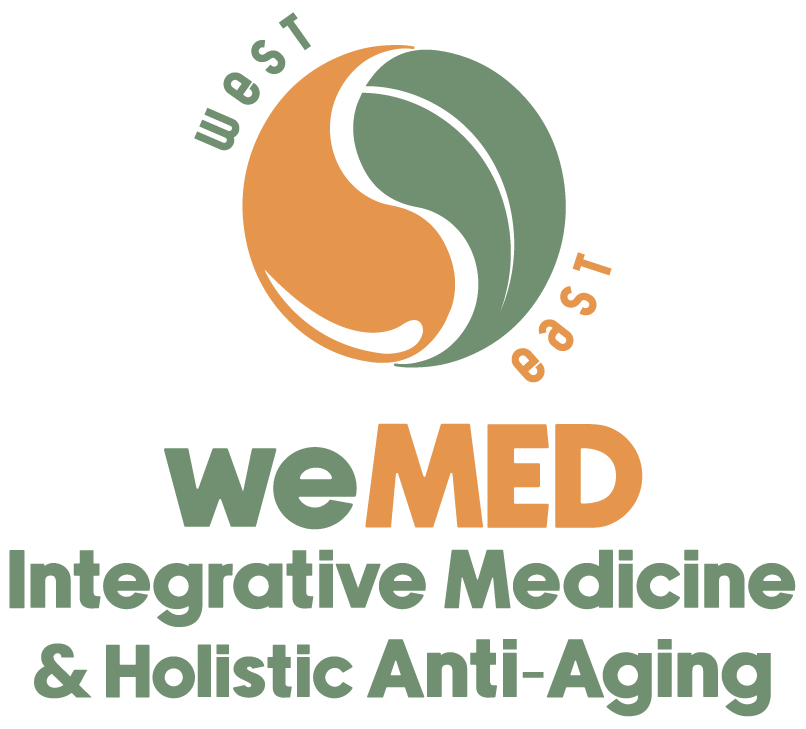Eczema and psoriasis are similar skin conditions that can last a lifetime. . They both create skin rashes that are red, dry, and scaly. Psoriasis and eczema have different causes, despite having comparable signs and symptoms. They can also be treated in a variety of ways.
Psoriasis is an autoimmune condition that causes the skin to become dry, itchy, and thick. Eczema is a persistent skin ailment that causes rashes that are red, itchy, and dry.
While the illnesses have similar symptoms, they have different origins and treatments.

Looking to get in control of your Skin in Houston, TX? Call us today | (713) 572-3888
How Do Eczema and Psoriasis Feel Differently?
Eczema causes a lot of itching. It can get so severe to where you scratch so much that your skin begins to bleed.
Psoriasis can be equally as irritating, but there’s something more going on.It’s possible that your skin will sting or burn. It’s been described as feeling like you’re being bitten by fire ants by some people.
What are the causes of psoriasis and Eczema?
Psoriasis is produced by an overactive immune system that accelerates the proliferation of skin cells. Although it’s classified as an autoimmune disorder, doctors and researchers aren’t clear about what causes the immune system to malfunction. Psoriasis patients’ skin cells shed at a far faster pace than the ordinary person’s, and these skin cells stack up on the skin’s surface, causing psoriasis plaques.
Eczema is generated by events in the body that create inflammation. The immune system reacts when the body is exposed to a trigger, either internally or externally, and the skin may become uncomfortable, dry, itchy, or red. Cold weather, dietary allergies, odors, stress, and dry skin can all be eczema triggers.
Areas where Psoriasis and Eczema are located
Both psoriasis and eczema produce skin rashes, however, they appear in different regions of the body.
Atopic dermatitis is another name for eczema. The crooks of the elbows and the backs of the knees (also known as Flexural surfaces) are the most common locations for a flare up. Psoriasis is more common on the body’s extensor surfaces, like your forearms,elbows, as well as the fronts of the knees and shins. The scalp, face, ears, neck, navel, arm, legs, feet, hands, ankles, and lower back can all be affected by psoriasis as well. Eczema can also affect these areas, but not to the same extent as psoriasis.
Triggers in the Environment
Majority of health problems have several causes, and eczema and psoriasis are no different. Genetics and environmental factors, for example, appear to have a role in both disorders.
Scientists are still trying to figure out how heredity plays a role in the development of psoriasis and eczema. They are much more aware of the factors in a person’s environment that can trigger or exacerbate symptoms. For example, stress and extreme hot or cold weather can trigger both disorders.
Conditions They’re Involved With
Eczema is often associated with dry, sensitive skin, as well as asthma or hay fever.
It is very possible someone in your family could have it.
Psoriasis has been linked to a number of major health problems. If you suffer from psoriasis, you may also have diabetes, heart problems, or depression.
Diagnosis
To figure out what’s causing your symptoms, your doctor will examine your skin and speak with you about your health. They may also inquire about any illnesses that run in your family.
Your doctor may also examine a small sample of your skin under a microscope (biopsy).
Psoriasis
An outbreak of psoriasis is much easier to diagnose than an eczema outbreak.. A doctor or dermatologist will inspect the skin to see if the rash appears to be psoriasis, and it is usually diagnosed based on the look of scaly, silver-colored skin. In rare cases, a skin biopsy may be needed to diagnose. Guttate psoriasis, pustular psoriasis, plaque psoriasis, inverse psoriasis, and erythrodermic psoriasis are the five kinds of psoriasis that can be diagnosed.
Eczema
Is characterized by red, itchy skin that can be self-diagnosed. Visiting a dermatological clinic to determine the type of eczema you have and what might be causing it can be beneficial. Atopic dermatitis, contact dermatitis, neurodermatitis, dyshidrotic eczema, stasis dermatitis, seborrheic dermatitis, and nummular eczema are the seven kinds of eczema.
Treatment
The therapy for eczema and psoriasis is the same: working to reduce inflammation and get rid of symptoms.
Some treatments are effective for both disorders, including:
- Topical corticosteroids
- Antihistamines that are used orally (to relieve itching)
- Keeping a safe distance from potential triggers
- Moisturizers with a lot of emollients


